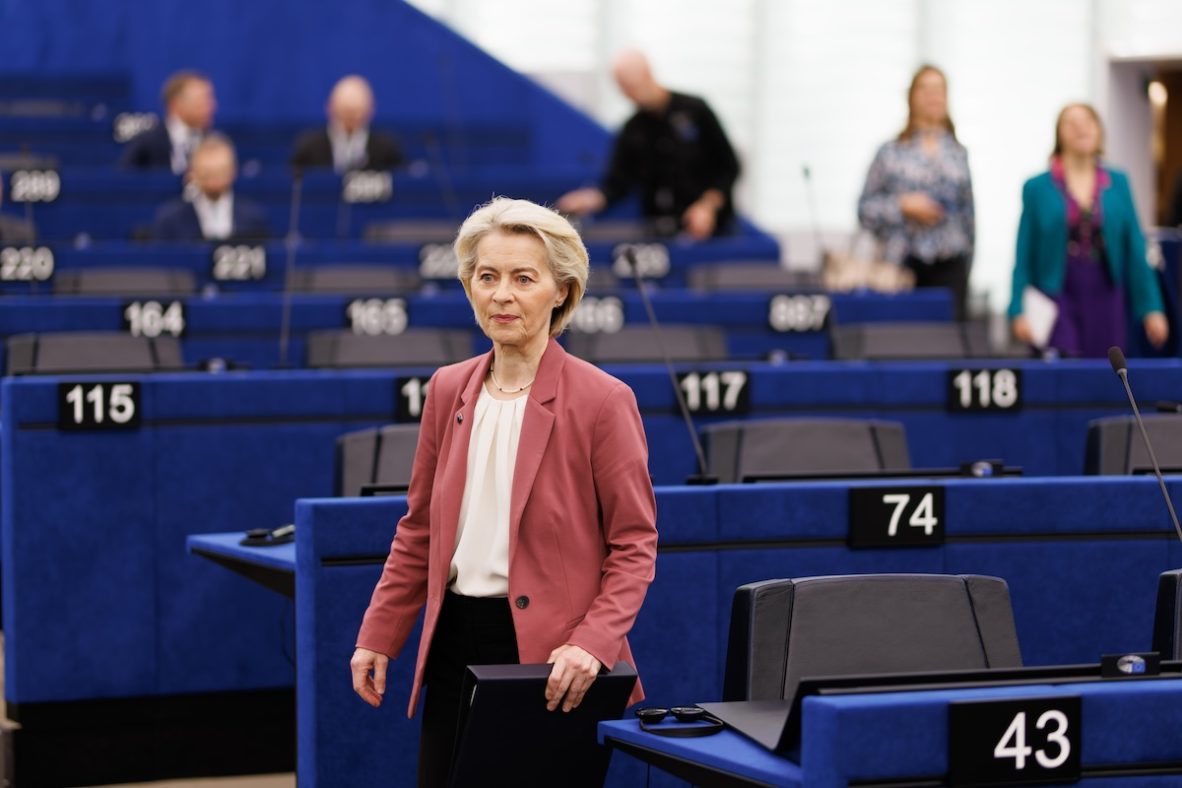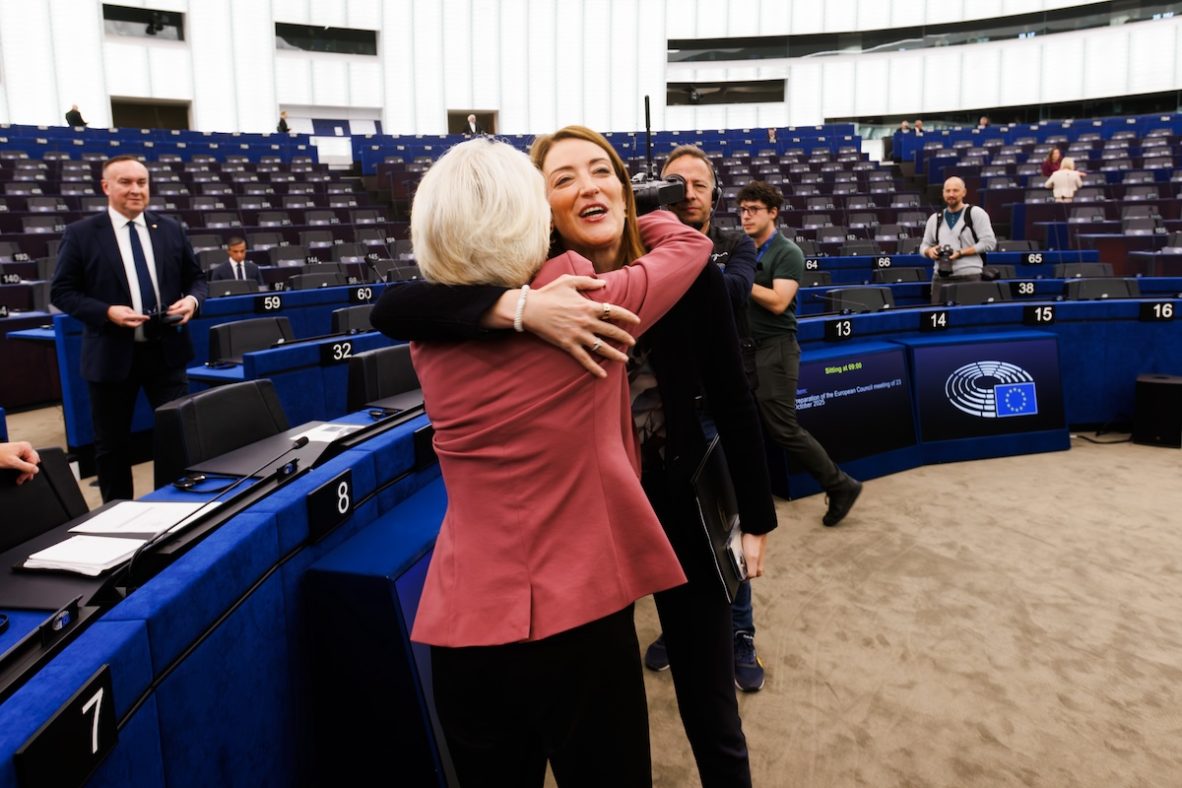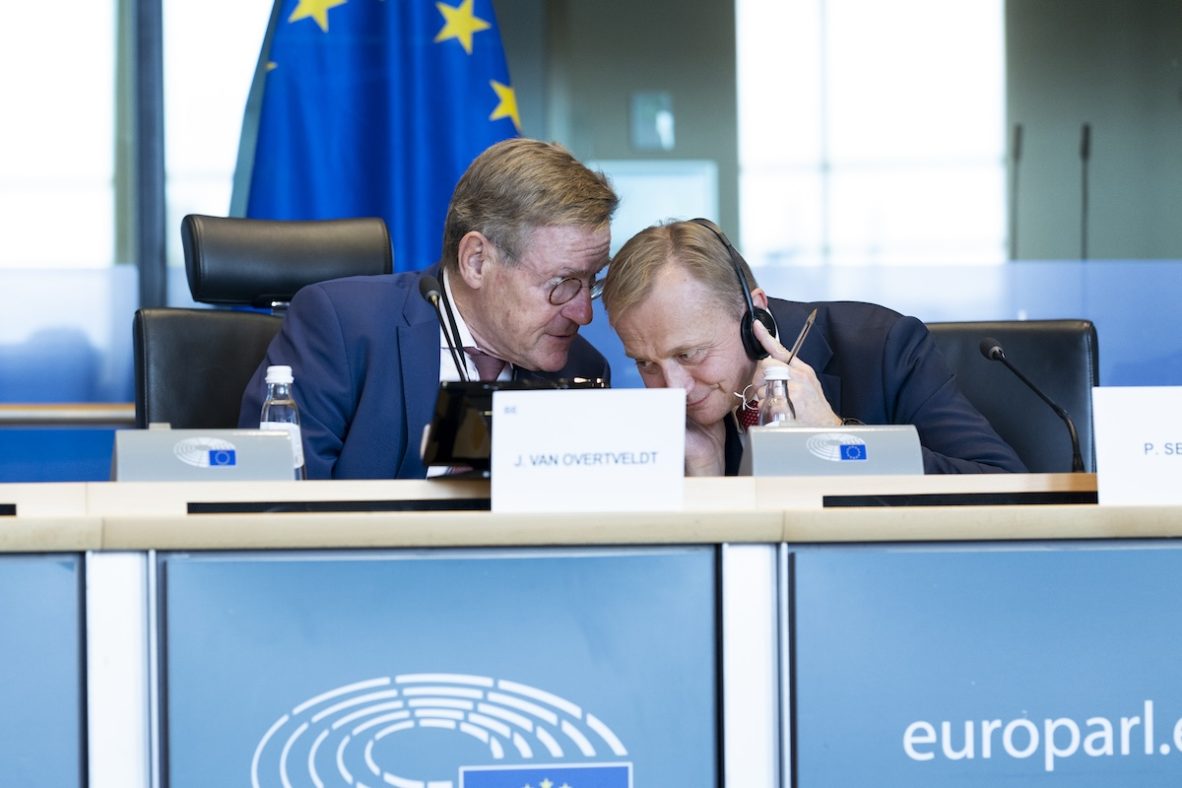EU countries move ahead on long-term budget as Parliament stalls
With MEPs divided over the Commission’s 2028–2034 budget plan, EU governments are moving forward without them
While Parliament is mired in infighting over the proposed 2028-2034 EU budget, capitals are moving ahead with the Commission’s framework, according to a draft document obtained by Euractiv.
Parliament is nearing open revolt over the proposal to merge EU agriculture and regional subsidies into national plans negotiated between EU capitals and Brussels. But on budget matters, countries hold the stronger hand.
“A simpler and more efficient structure of the budget is necessary,” reads the draft, which, if unchanged, would lock in four new budget headings and group farm and regional subsidies together, broadly endorsing the Commission’s approach.
The document also carves out controversial parts of the new €234 billion industrial megafund, competitiveness programmes, and horizontal budget issues. It will be debated by European affairs ministers (GAC) on Tuesday. The rest is left for later, with a goal of debating the controversial national plans in a GAC meeting on 17 November.
Commission under pressure to tweak €2 tn EU budget proposal after Parliament pushback
The centre-right European People’s Party (EPP) is threatening to reject a key part of the…
2 minutes
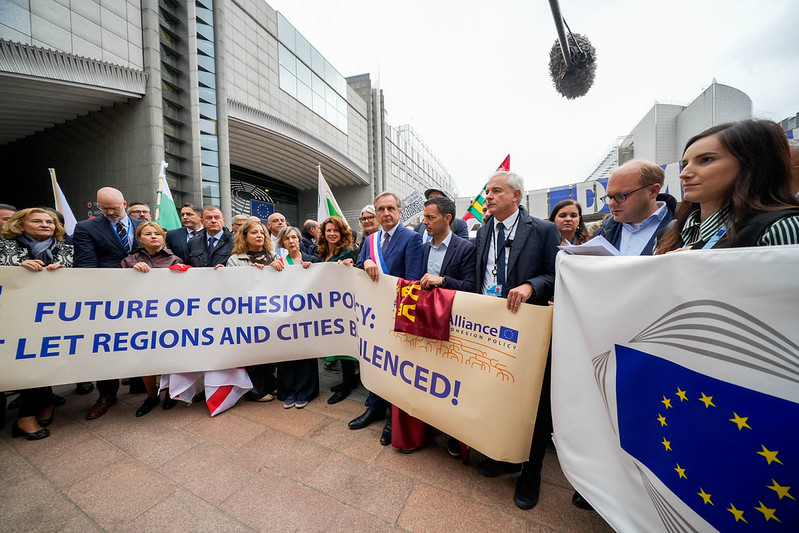
The draft will feed into the Council’s upcoming “negotiating box”, setting aside the most contentious elements to be settled by EU leaders at European Council meetings. The most politically sensitive items are marked in brackets.
The document singles out eligibility criteria and specific “widening” measures to help less developed research ecosystems, reflecting a key controversy over the competitiveness fund and its closely linked €175 billion Horizon Europe research programme. Wealthier countries want projects selected solely on merit, while poorer countries are pushing for “geographical balancing” to ensure wider access.
France, Germany on defensive over industrial fund access for smaller EU states
The EU’s richest countries are rebuffing a demand from the bloc’s smaller members to carve…
2 minutes
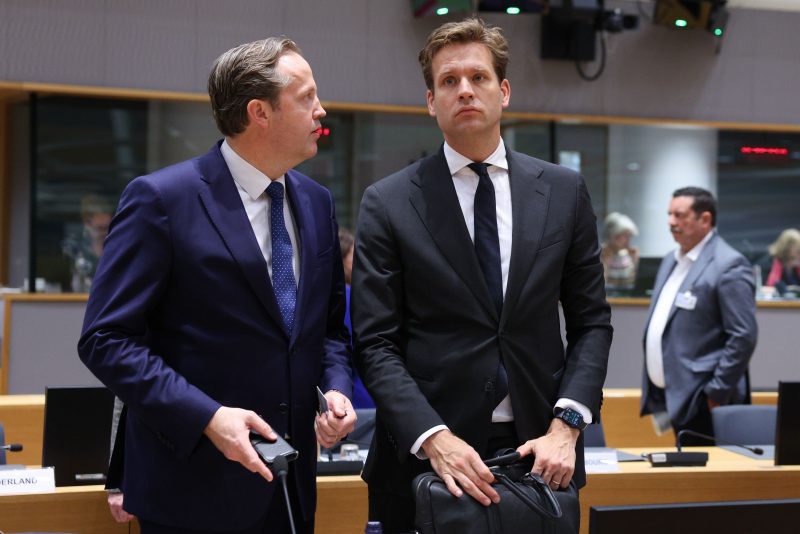
It also opens a debate on whether the fund should allow state aid normally prohibited under EU rules in “exceptional and duly justified cases”. It references flexibility instruments, the Connecting Europe Facility (infrastructure), AgoraEU (media), Euratom (nuclear energy), and whether the budget should be adjusted for inflation.
The Danish presidency aims to finalise a complete negotiating box for the European Council on 18–19 December, with the hope that moving fast will enable an agreement on the next long-term budget by the end of 2026.
(adm, aw, cm)




